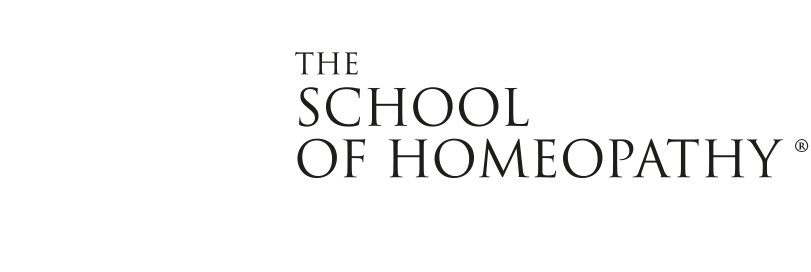

.jpg)
Staphysagria
Primarily associated with physical symptoms related to suppressed emotions, resentment and sensitivity.
1. Key Characteristics
Staphysagria is often indicated for individuals who have a tendency to suppress emotions and suffer from the effects of suppressed anger, grief or indignation. They may exhibit a tendency to have a fragile or sensitive disposition. Staphysagria individuals often have a craving for solitude and a desire for sympathy.
2. Physical Symptoms
Staphysagria is commonly used for conditions associated with suppressed emotions and their impact on the physical body, such as digestive disorders, urinary tract complaints and skin conditions. It is also employed for ailments related to surgical procedures or wounds. Staphysagria can be beneficial for symptoms characterised by a sensation of emptiness or weakness in the stomach, urinary issues and skin irritations.
3. Emotional and Mental Aspects
Staphysagria individuals may exhibit a suppressed anger or grief that can manifest as irritability, mood swings or outbursts of emotions. They may feel easily hurt or offended and have a tendency to bear grudges. Staphysagria individuals may also experience feelings of humiliation or indignation and may have a strong need for validation and understanding.
4. Aggravations and Ameliorations
Symptoms associated with Staphysagria may worsen with emotions or suppressed anger, after sexual activity or from touch. They may feel better with solitude, gentle movement and sympathetic company.
5. Modalities
Symptoms may exhibit a specific pattern, such as worsening after emotional upsets or after eating certain foods. There may be a desire for solitude, aversion to touch or pressure and a sensitivity to light or noise.
Key rubrics
1. Suppressed emotions, resentment and sensitivity.
2. Digestive disorders, urinary complaints and skin conditions.
3. Sensation of emptiness or weakness in the stomach.
4. Suppressed anger or grief, irritability and mood swings.
5. Aggravation with emotions, amelioration with solitude.
Please note that this is a general overview and it is important to consult a qualified homeopathic practitioner for an individualised assessment and appropriate remedy selection. They will consider the complete symptom picture, medical history and other factors to provide the most suitable treatment approach.
If you need help why not contact us to arrange to speak to one of our homeopaths or complete the form below. We offer both in-person clinic appointments in Stroud or online consultations anywhere in the world.
More time to talk to a health professional
When you see a homeopath you are given the time to talk about all the symptoms you are experiencing. The first appointment usually lasts 90mins, with follow-up appointments lasting 45mins. Questions about your lifestyle, eating habits and preferences, temperament, personality, sleep patterns and medical history help the homeopath to form a complete picture of your health.

Call now to book an appointment at the Clinic.
01453 766 556
.jpg)
This clinic creates a beacon for homeopathy in Stroud; it brings homeopaths together; it acts as an international teaching facility for the School and it offers patients the highest quality of homeopathic treatment and care.
Mani Norland, Principal














